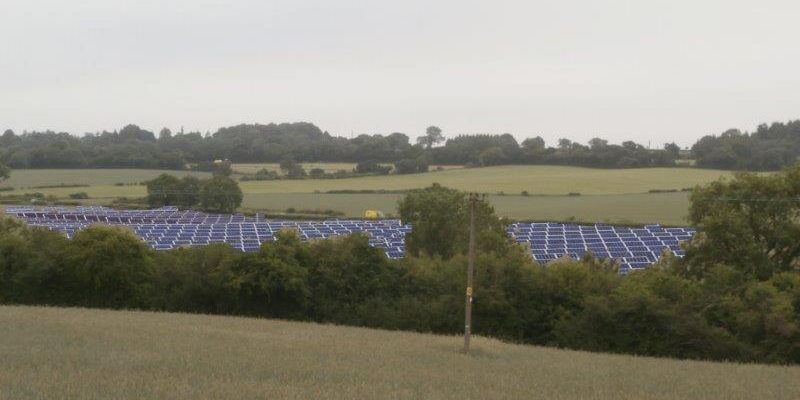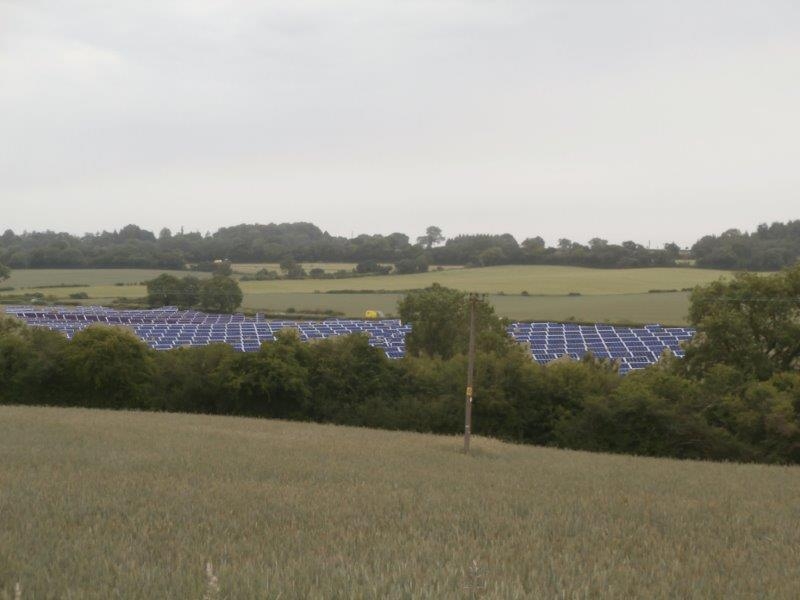CPRE opposes Charlbury Solar Farm

15th July 2013

CPRE believes a proposed Charlbury Solar Farm would be an unacceptable blight on an Area of Outstanding Natural Beauty, and a waste of valuable agricultural land.
The scheme is being promoted by Sustainable Charlbury in conjunction with Southill Solar. CPRE understands that the group has received pre-application planning advice from West Oxfordshire District Council that indicated the site was not an appropriate location, but is still determined to press on with a formal planning application.
Gareth Hammond, CPRE West Oxfordshire District Chairman, said: “This is a particularly attractive valley that will be completely compromised if this development is allowed to go ahead. The proposed site lies in both the Cotswold Area of Outstanding Natural Beauty and in the heart of the Wychwood Project area. It is a completely unspoilt landscape, close to Cornbury Park, with 360 degree views of undulating fields and woods. The Oxfordshire Way runs to the north-east & footpaths and cycleways to the south-west.
“The site is large at 30 acres, squeezed between the conservation areas of Charlbury and Fawler. It will have a 10′ high perimeter fence and probably other security apparatus like CCTV, infra-red units and ground-mounted RADAR.
“However much the solar farm is dressed up with rural imagery, it is essentially an industrial unit, which would represent a totally alien intrusion on a green field site, which is prime agricultural land, currently supporting a crop of barley. I cannot believe it makes sense to take this out of production in an era of increasing concerns over food security.”
CPRE Oxfordshire is worried about the increasing number of applications for solar farms that have been coming forward in recent months and has just published its new Policy on Solar Farms. CPRE Oxfordshire believes renewable energy is desirable, but not at unacceptable cost to the countryside or to the economy.
We are opposed to solar farms because the minimal benefit they offer in terms of renewable energy does not outweigh the environmental harm they cause or the useful land that is lost.
We will support relatively small discrete developments on the roofs of existing buildings, or in other sites where they are effectively concealed by existing development or the lie of the land, and do not involve the loss of land useful for agriculture, recreation or biodiversity.
